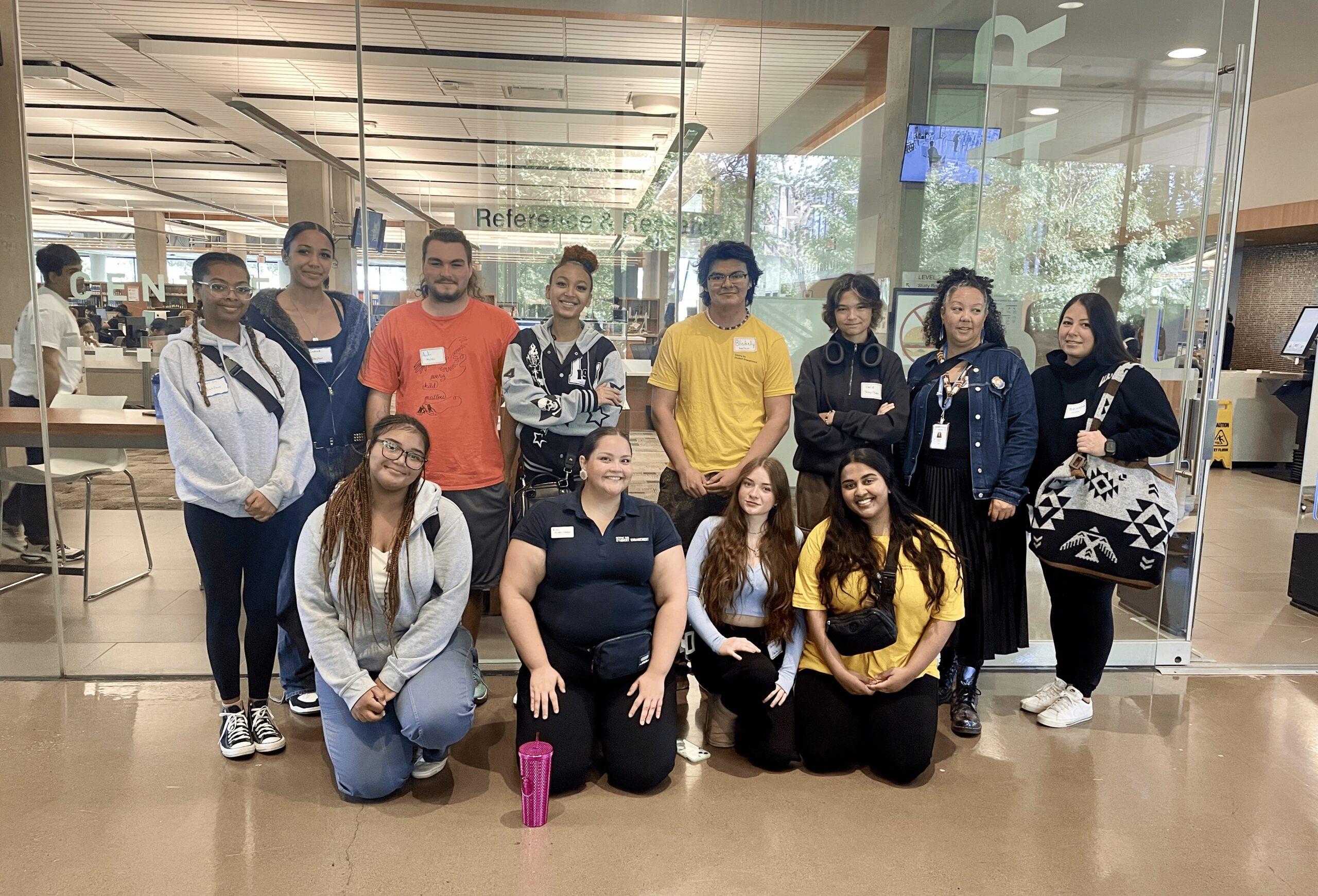CSE Facilitates UTMs First Indigenous Access Day for Local Students
The new initiative introduced Indigenous-identifying students from the Peel District School Board to UTM and university life.
On October 2, the Centre for Student Engagement (CSE) hosted an Indigenous Access Day, the first of its kind at the University of Toronto Mississauga (UTM).
Eight Indigenous-identifying student invitees from the Peel District School Board participated in the event led by Indigenous staff and students. The participants toured the campus and “were introduced to academic, cultural, social and financial supports and programs,” according to a UTM news article.
According to UTM’s website, an Access Day is “a one-day event curated to enhance youth’s knowledge of post-secondary education.” Past Access Days have covered student financial planning, the transition from high school to university, and the importance of post-secondary education, among other topics.
The October 2 event marks the first Access Day curated specifically for Indigenous students. In an e-mail interview with The Medium, Delaney Thomas, the CSE’s Community Engagement Coordinator for Indigenous Access and Inclusion, provided insight into the motivation for making it happen.
Through the initiative, “we hope that Indigenous students feel empowered to consider post-secondary as a realistic option for our communities and combining western education with traditional Indigenous knowledge to uplift our respective communities,” explained Thomas.
The Access Day was well-received by participants, who commended the insight from the event’s Indigenous student facilitators. “The other piece of feedback was that they wanted to see even more of the campus.”
Delaney expressed that the CSE plans to host more similar Access Day initiatives in the future and expand upon them by partnering with reserve communities or exploring online delivery options.
She also placed the new initiative within the context of ongoing reconciliation efforts more broadly.
According to a study by Statistics Canada, non-Indigenous youth aged 19 to 30 were “nearly twice as likely to have completed or recently attended a postsecondary program as First Nations youth,” at 72 per cent to 37 per cent. In Ontario, postsecondary participation is at 73 per cent for non-Indigenous and 45 per cent for First Nations youth.
The study was “guided by the Truth and Reconciliation Commission’s (TRC) Calls to Action” for organizations, all levels of governments, and Canadian citizens to “redress the legacy of residential schools and advance the process of Canadian reconciliation.”
As of January 1, 2024, of the 94 calls to action drawn up in 2015, 39 are in progress, and 26 are stalled or not started, according to Canada’s Indigenous Watchdog. Of the seven calls to action related to education, five remain incomplete.
Following the TRC’s work, the University of Toronto (U of T) commissioned its own truth and reconciliation report in 2017, complete with 34 long- and short-term calls to action for the U of T community.
“By prioritizing Indigenous access to post-secondary,” Delaney explained, “we are disrupting the historical patterns of excluding Indigenous thought and voices from western institutions.”

